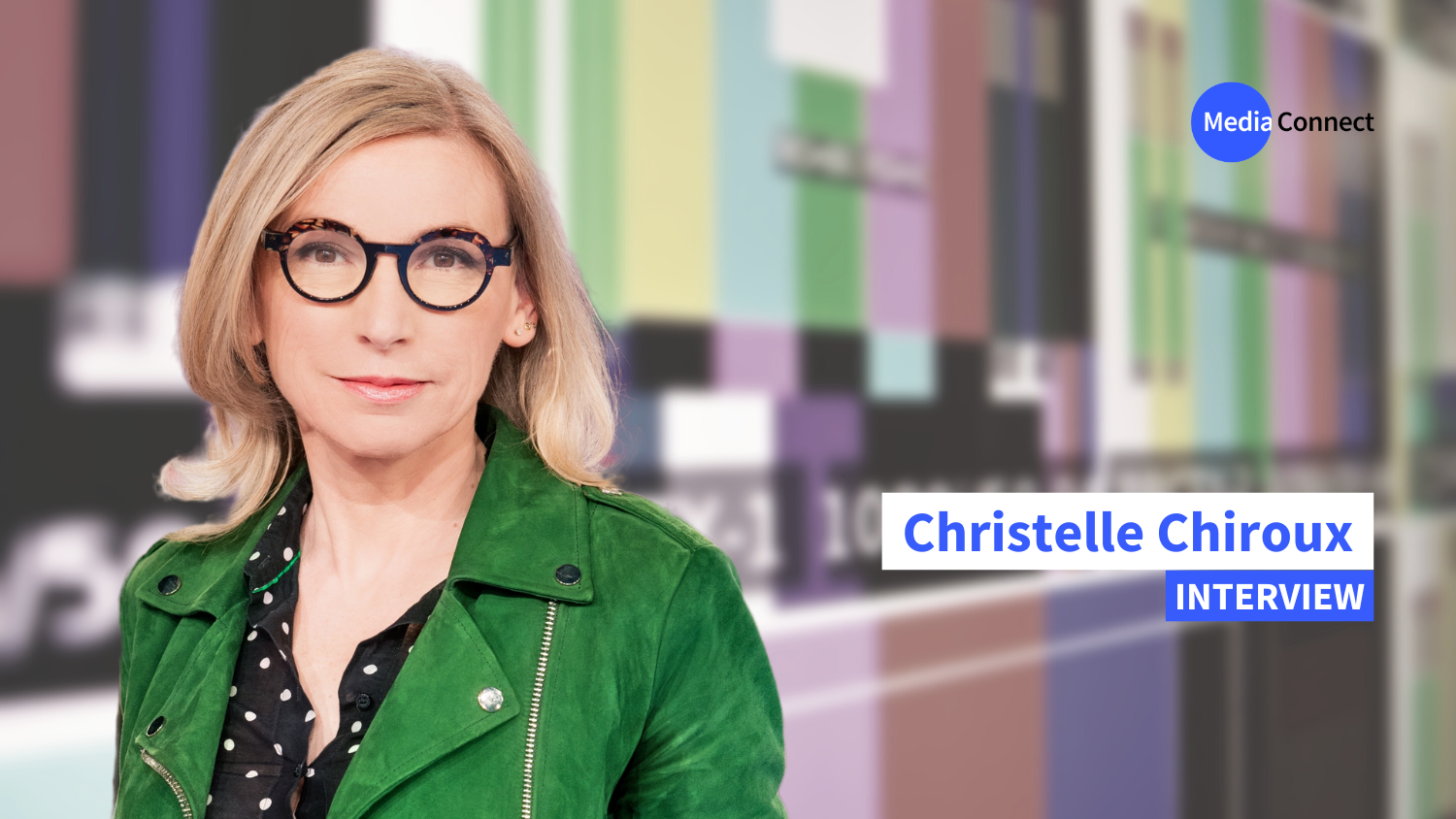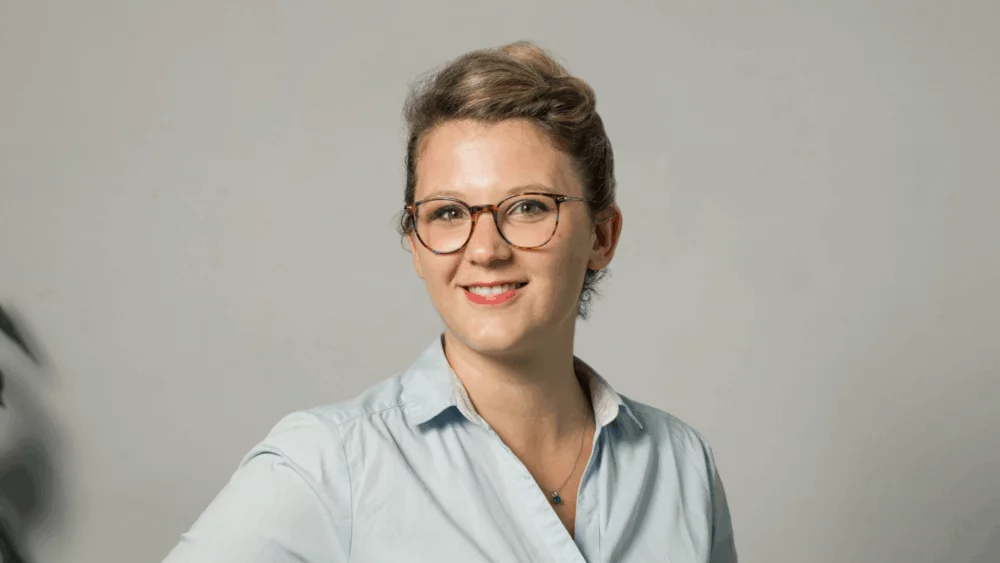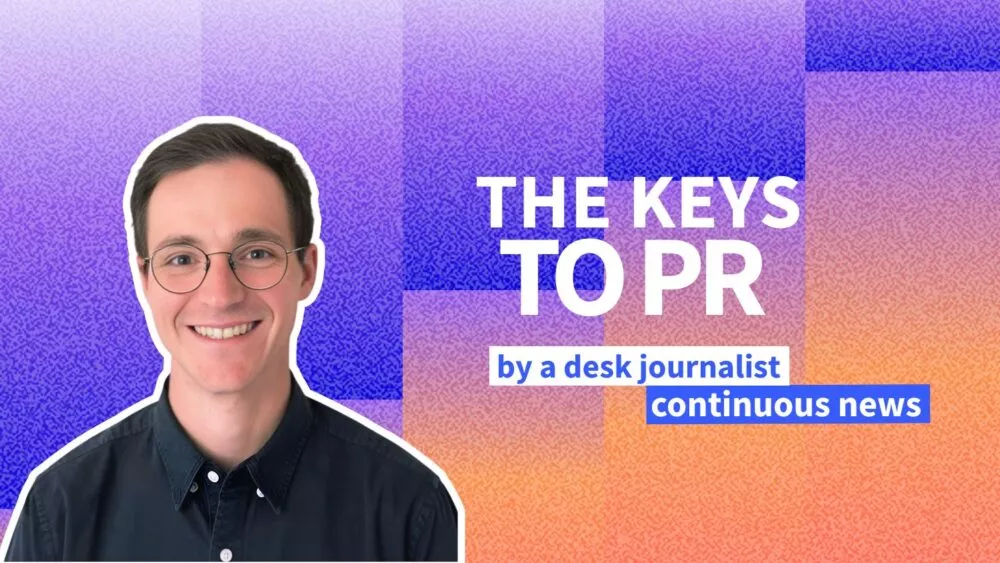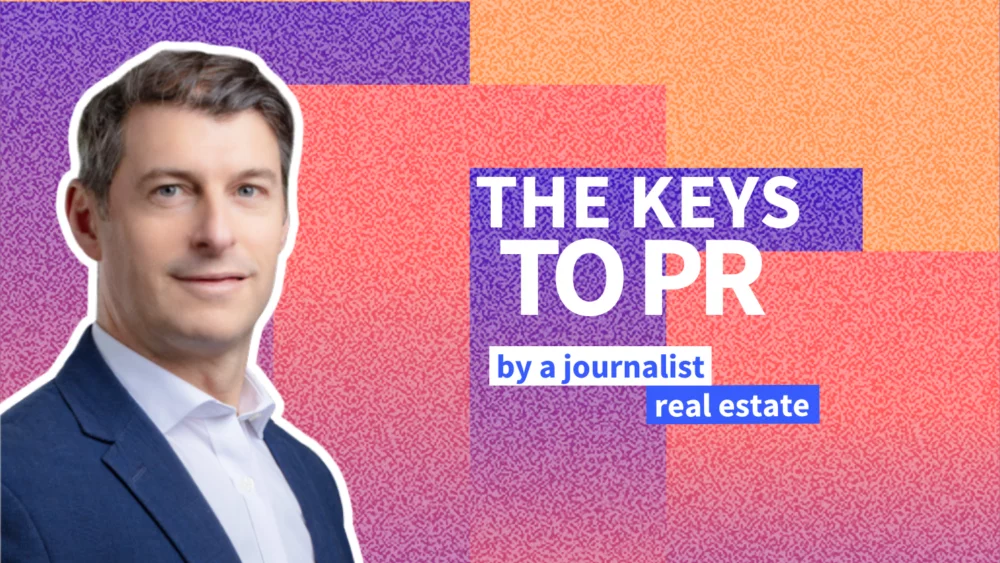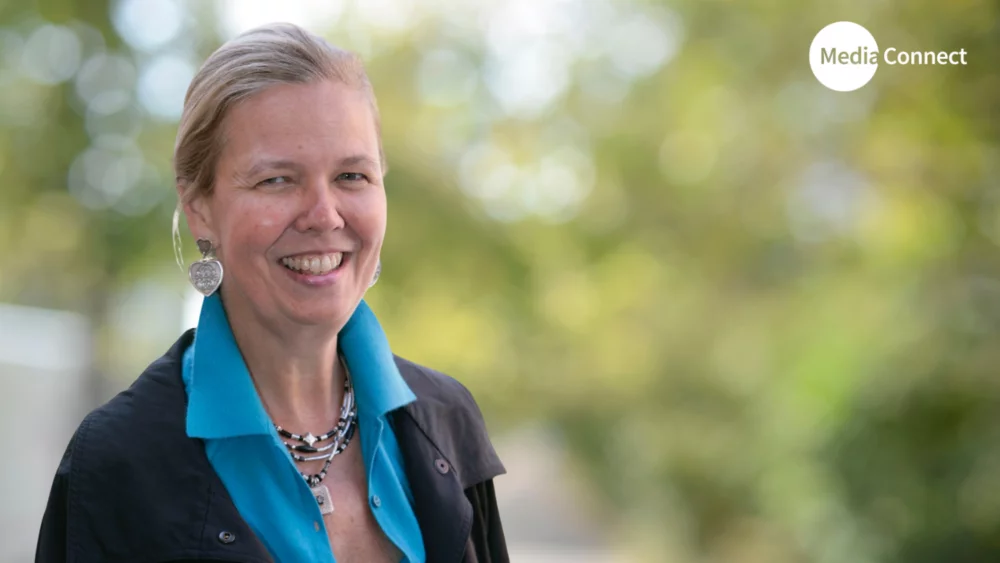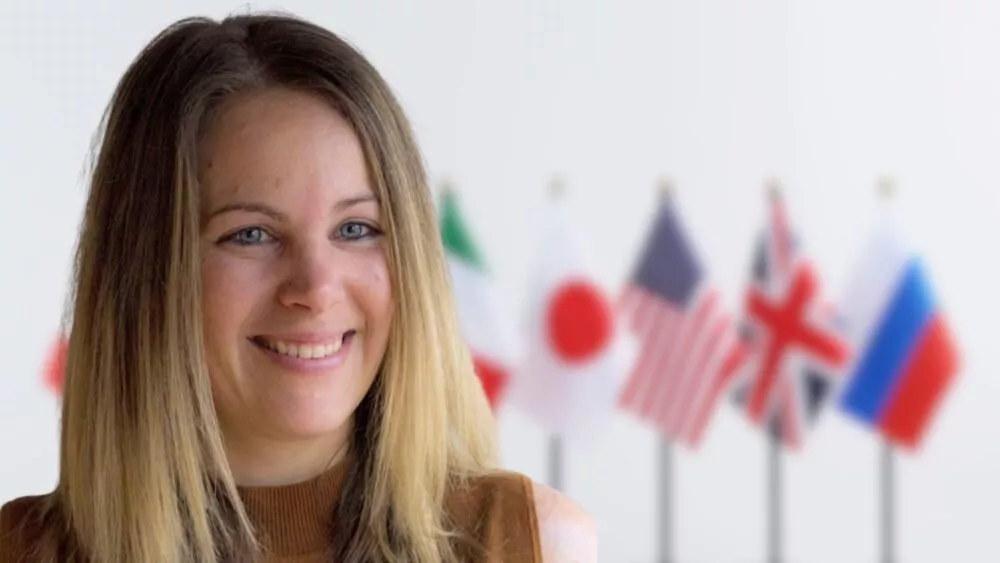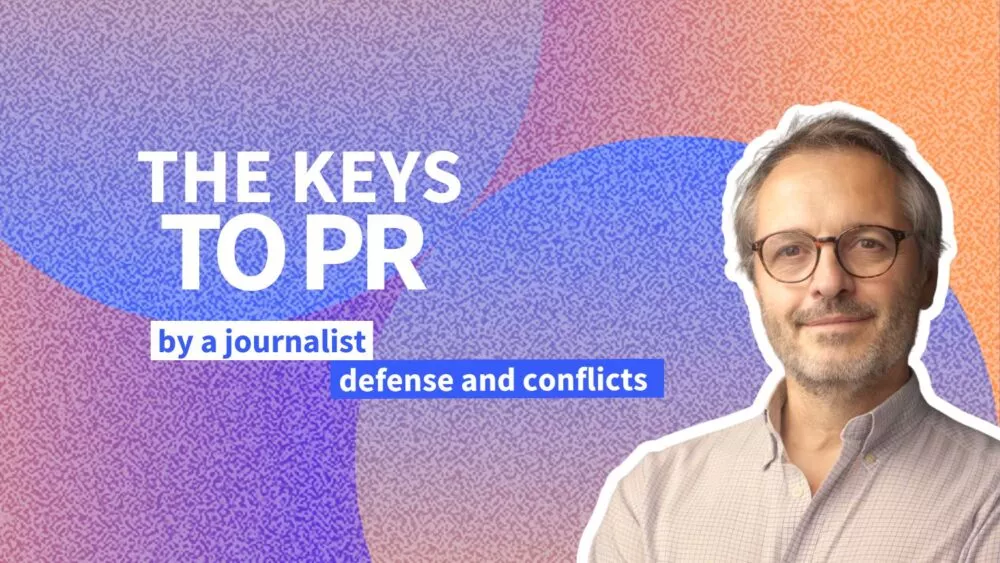Since 2016, the TF1 group has equipped itself with tools to measure and better manage the visibility of women and female experts in the news content on TF1 and LCI. Together with Thierry Thuillier, head of information at the TF1 group, we have implemented monthly barometers essential to ensure that parity is respected.
What is your "Expert Women in the Spotlight" initiative? What is its purpose?
The "Expert Women in the Spotlight" program allows 15 female experts in diverse fields such as health, defense, geopolitics, economy, security, and digital to participate in coaching and media training workshops for one year. They are mentored by journalists, editors-in-chief, and presenters of TF1's news broadcasts, Anne-Claire Coudray, Marie-Sophie Lacarrau, and Gilles Bouleau, as well as from LCI. They get to experience the production of a news program, an immersion into our newsrooms.
The goal is to support these experts so that they feel more comfortable speaking on a TV set or responding to interviews for a report. It also allows journalists in our newsrooms to better understand the barriers that sometimes lead female experts to decline interview requests.
I emphasize that these experts have no exclusivity to our group, and we are delighted to hear and see them on other media outlets. The more they are present and visible, the less hesitant they will be to speak up.
Through the three editions of "Expert Women in the Spotlight," journalists' contact lists have expanded by 45 additional female experts. We also collaborate with the website "Expertes.fr," which lists nearly 6000 contacts.
In parallel with this initiative, I created the podcast "Expert Women in the Spotlight," available on TF1INFO and on streaming platforms. The podcast is a different medium that allows us to give voice and visibility to experts.
What triggered the implementation of this initiative?
The health crisis was a trigger for implementing this initiative. Thierry Thuillier, the Deputy Director General of Information for the TF1 group, wanted to strengthen our action plan following discouraging results during the crisis, where female experts were somewhat absent from screens. The majority of experts speaking out about COVID were men; female experts were missing from all media outlets. You only needed to look at the composition of the scientific committee to notice this.
Were there any specific challenges or obstacles you encountered in promoting parity at TF1?
When a company commits to implementing a parity policy with tools and long-term support, it is easier to overcome minor obstacles related to awareness. When parity is championed at the highest levels of group and information management, obstacles are also less challenging to overcome!
To what extent has TF1's reflection been pushed regarding the promotion of parity and diversity throughout the entire company?
This is a question that animates the TF1 group every day, leading a committed policy for a very long time. Numerous actions are implemented to promote diversity in recruitment, with particular attention to salaries and promotions. At the level of the TF1 group's management bodies, the Executive Committee (COMEX) is now gender-balanced, and the Management Committee (COMGT) has 48% women compared to 28% seven years ago.
What are the current results and those you hope to see in the years to come regarding parity at TF1 and across all media?
We are very proud of our information department's track record and our recent results. In 2022, 53% of female experts appeared in our various editions of the news broadcast. In 2022, LCI was the leading news channel with 41% of female politicians present on its panels and a three-point increase in female experts to 36%. Internally, parity is respected among presenters and columnists on LCI as well as on TF1. Our goal with Thierry Thuillier is to continue efforts on LCI and maintain the parity already achieved on TF1.
What do you think of the current state of gender parity in the media and its evolution over the years?
Major media outlets have been addressing this issue for several years. The annual reports from ARCOM, published every March, show a positive evolution and allow us to assess the progress that still needs to be made.
Interview by Randa El Fekih

